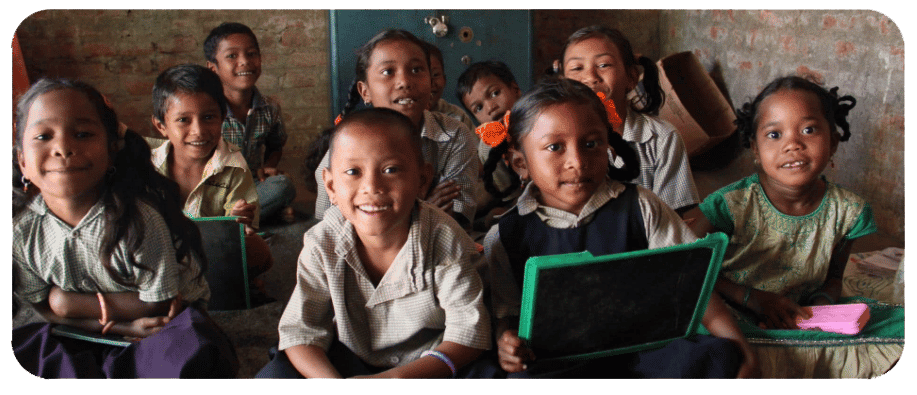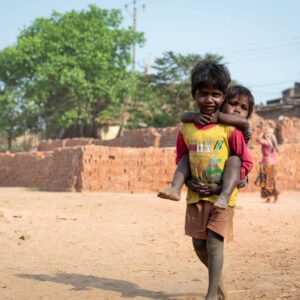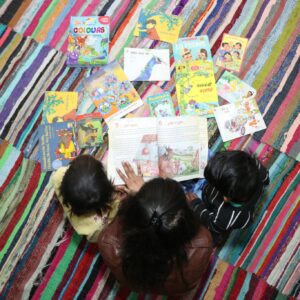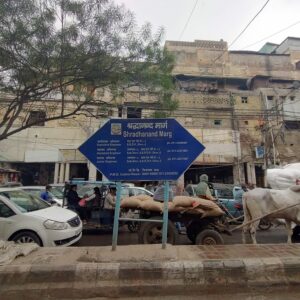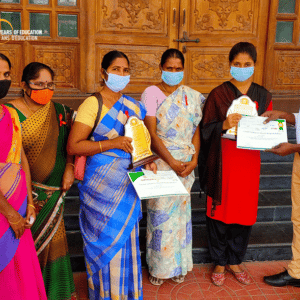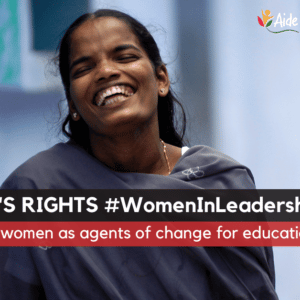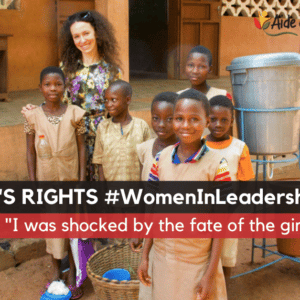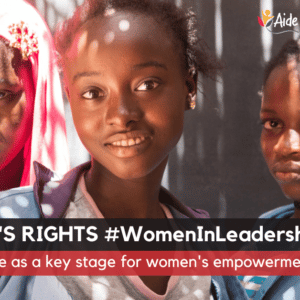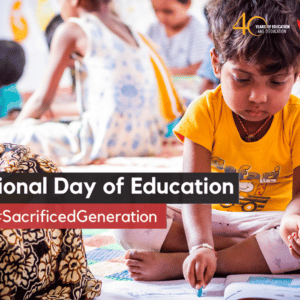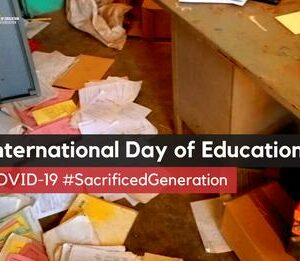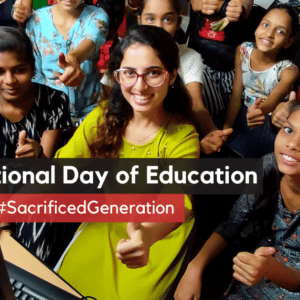July 2020, Phnom Penh, Cambodia: In Cambodia, international development organisation Aide et Action is supporting the country’s most marginalised children receive an education through distance learning initiatives including radio programmes in ethnic minority languages.
The current disruption to education has impacted approximately 1.6 billion children globally, and is being regarded as the biggest global education emergency of our lifetime. In Cambodia, as children endure their fifth consecutive month without classroom-based education, Aide et Action is responding through the provision of new technologies for marginalised groups to access education.
Digital divide
While considerable efforts have been made to virtually educate students through educational learning apps, online videos and TV programmes, there is still a significant portion of children who don’t have the internet access nor the digital devices they need to effectively do their work. Equity issues which were already present before coronavirus are becoming even more prevalent as the crisis unfolds and the digital divide is exacerbated.
In remote and rural parts of Cambodia, not only is internet access hard to come by, but language barriers also prevent young learners from accessing online education content. Cambodia is home to 24 different indigenous peoples and children from these minority groups speak a language at home that is not Khmer – the national language. With multilingual classrooms shut, these children are struggling to access educational language in their language.
Radio Broadcasts
In April 2020, The Ministry of Education, Youth and Sport began to roll out radio broadcasts in three of Cambodia’s most widely spoken ehtnic minority languages – Tumpoun, Kreung and Bunong – in an effort to create more inclusive educational programming. According to Poutrum Krombie Primary School Principal Pun Bunlea, these broadcasts are a welcome initiative in Mondul kiri province.
“These radio broadcasts are important because of language … The educational programmes on TV and Facebook are in Khmer only but they don’t benefit our young students who need to be able to learn in their own language”, said Bunlea.
While the radio broadcasts are a welcome effort to include ethnic minority children in the Ministry’s focus on more flexible learning strategies, there is one notable cause for concern – many of the target families do not have radios at home. To increase participation and inclusion, Aide et Action is now distributing radios to children in Mondul Kiri, Ratana Kiri and Krati provinces. An estimated 3,365 radios are due to be delivered by Aide et Action to students in Grade 1-3 across the three provinces by August 2020.
Solidarity for education
Farmer and mother-of-four Mon Sok Mom didn’t know the radio programme existed until Aide et Action visited her village to distribute the radios along with other materials such as stationary, story books, face masks and soap. For school principal Khin Seang, he hopes the radios will enable his students to catch-up faster and decrease their likelihood of dropping out when schools reopen.
Children from Seang’s village in Mondul Kiri are already at risk of dropping out to pursue farming and a crisis like this which is pushing families further into poverty poses a further threat as the need to put food on the table may outweigh the need to return to education. “My dream is for indigenous groups here to be literate and for all the children to be educated” said Seang.
Continued solidarity between the government, local authorities, schools, teachers, community members, NGOs, beneficiaries and more is critical to ensure no child gets left behind during this emergency.
On 10 July 2020, Aide et Action was awarded a Certificate of Appreciation from The Royal Government of Cambodia in recognition of the organisation’s commitment to inclusive education during the Covid-19 crisis. Speaking at the ceremony, Aide et Action Cambodia Country Director Samphors Vorn said “his pandemic teaches us that students can learn even outside the classroom … Education can be accessed anywhere and anytime through the many various platforms available today”.
Aide et Action is proud to collaborate with Cambodia’s Ministry of Education, Youth and Sport and organisations such as UNICEF, CARE Cambodia, and others to improve access to education for those that need it most.


